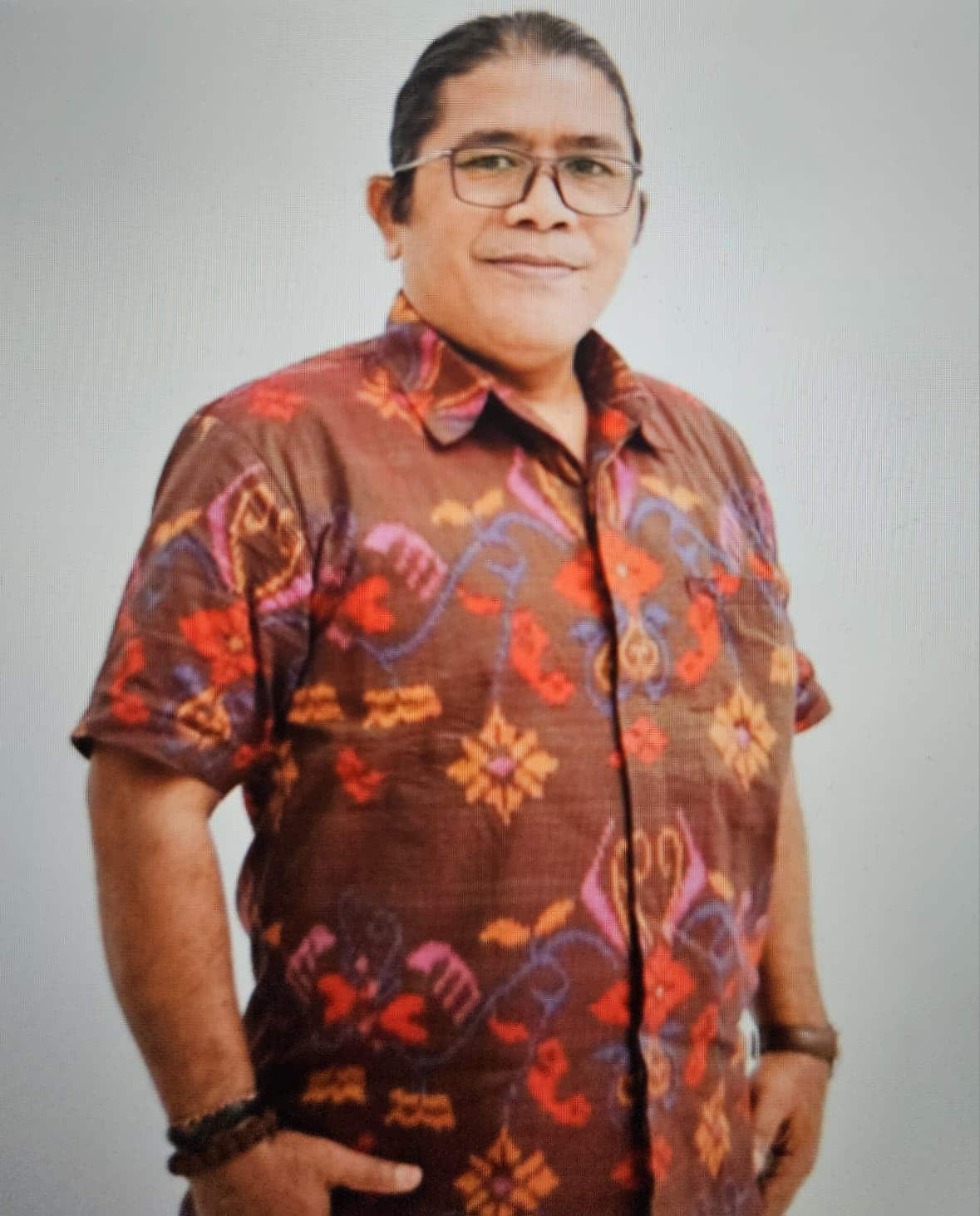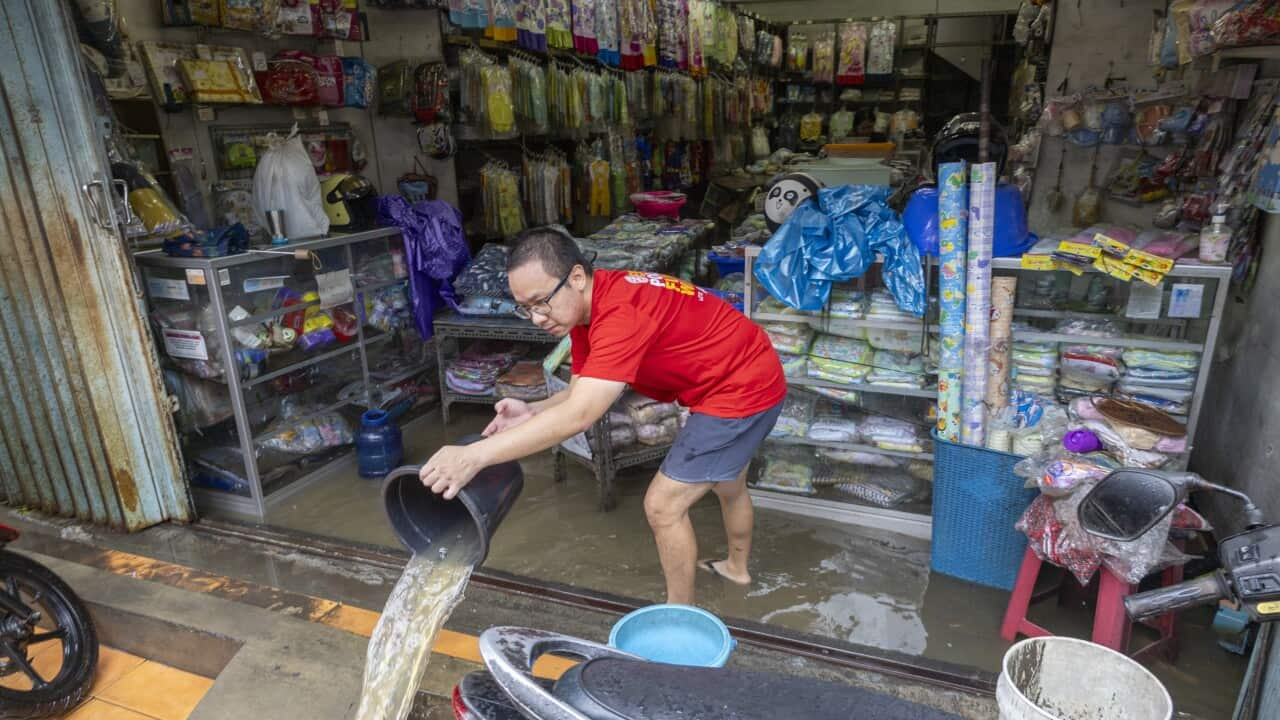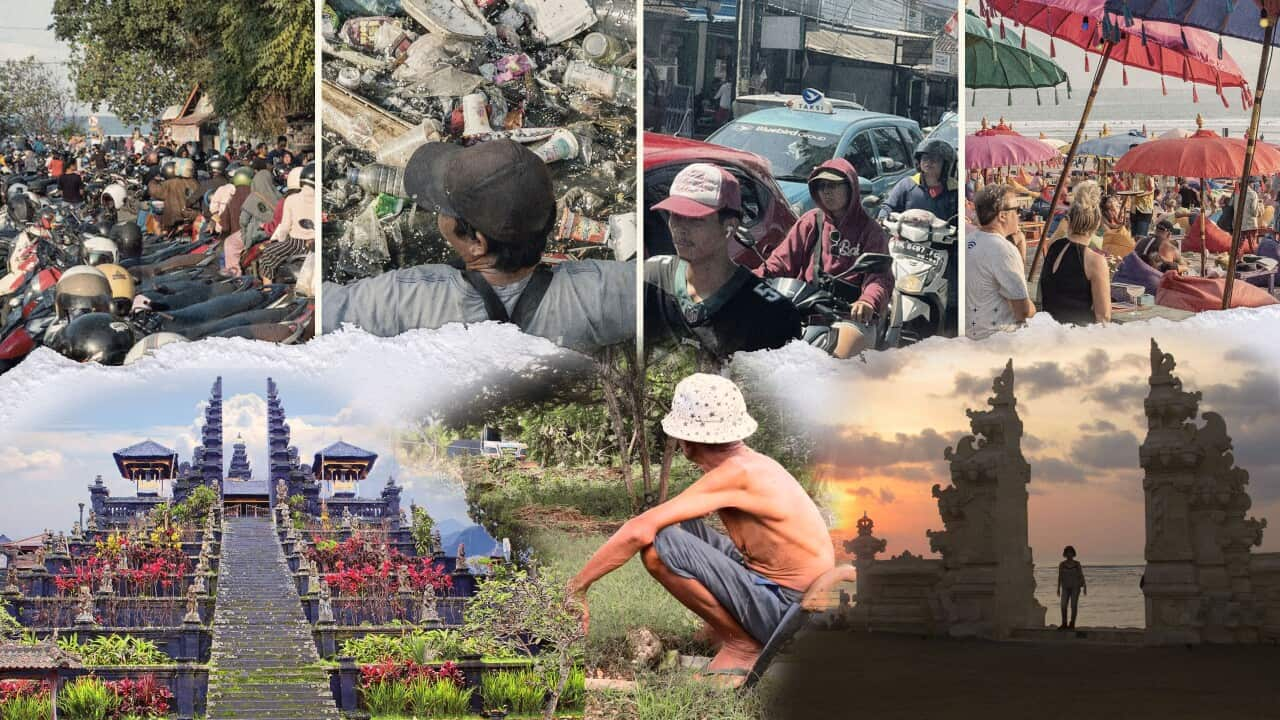This is an extraordinary event. Many people could not have imagined a city like Denpasar being hit by such massive flooding. Many suggested that massive urban development, as a result of the development of the tourism sector, played a dominant role.
This was acknowledged by Dr I Made Suniastha Amerta, a tourism observer and lecturer at Warmadewa University in Denpasar.
Suniastha stated that the rain had stopped on Thursday, and cleanup efforts were underway. The public believes this incident was an unforeseen disaster.
Indonesia is generally in the midst of the dry season. Therefore, this rain was quite surprising. Over the past week, Bali had experienced several light downpours, but according to Suniastha, the intensity increased drastically on Tuesday, resulting in massive flooding on Wednesday.

Because there were no warnings from either the Meteorology, Climatology, and Geophysics Agency (BMKG) or the local government, he said that Denpasar residents took the continuous rain with a relaxed attitude. No predictions suggested that the downpour would be so heavy that it would submerge various parts of the city.
Although the flooding in Denpasar, Badung and Gianyar did not damage tourist centres such as Kuta, Canggu or Sanur, the paralysed roads disrupted access to tourist service centres like the airport. This also included roads leading to the tourist centres themselves, which were severely submerged and nearly inaccessible.
Photos of foreign tourists being rescued from the floods have been widely circulated on social media. This could impact future tourist visits.
As of Thursday (11/9), official government data indicates that 14 people have died and two are still missing. Flooding has affected 43 areas, and mitigation efforts are ongoing. Initial assessments indicate that, in addition to heavy rainfall, garbage disposal, poor drainage, and massive development in Denpasar were contributing factors.
Suniastha believes this flood is also evidence that tourism development in Bali has not properly considered disaster risks. This is not solely the government's responsibility, he said, but also the responsibility of all stakeholders, including the community and investors.
Suniastha believes this flood should be a moment of reflection for all parties involved in future tourism development plans in Bali. He noted that the Balinese philosophy of Tri Hita Karana should be upheld.
Tri Hita Karana is a traditional Balinese Hindu philosophy of life, meaning "three sources of happiness," which is realised through harmonious relationships between humans and God (Parahyangan), humans and each other (Pawongan) and humans and the natural environment (Palemahan).
The floods prove that Bali is not OK, said Suniastha.
Listen to the full podcast and click here for other news from Indonesia.





